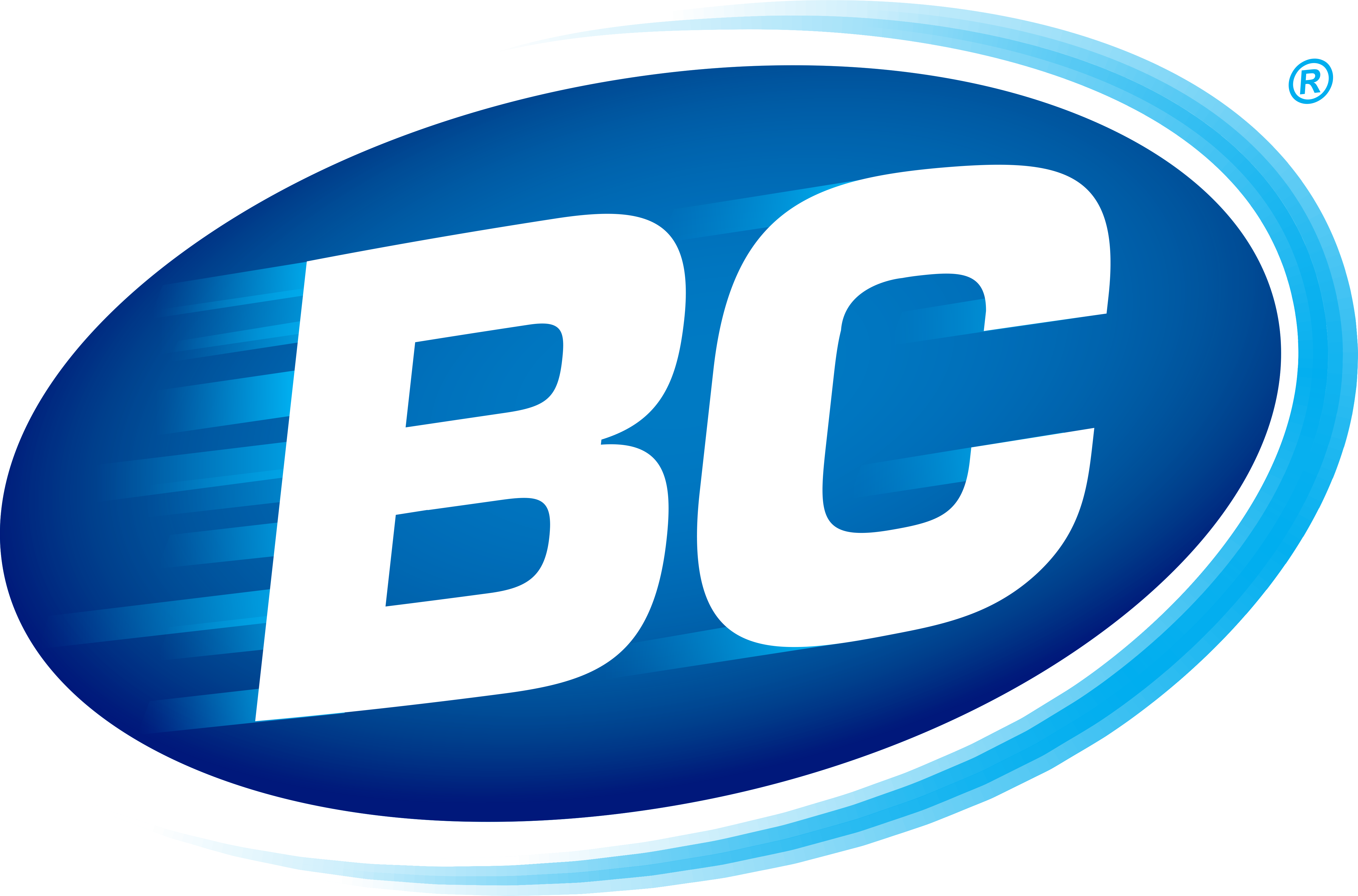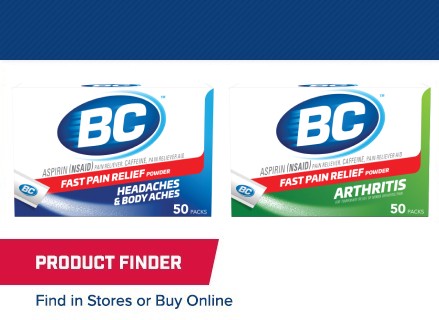
5 Foods that Might Be Causing Your Headache

If you feel like your headaches come on after eating certain foods, you may not be imagining the connection. Many foods do trigger headaches and migraines for certain people. The first thing you should do is start tracking your headaches—write down what you ate before the headache occurred. If you write this down each time you suspect a food-related headache, you might find the cause or, at the very least, help your doctor find the cause.
Be aware that some foods are more likely to trigger headaches than others. Here are just some of the most common offenders.
1. Coffee
Caffeine, in general, is a common cause of headaches, but the interesting thing about caffeine is it can help relieve headaches as well. Many people start their day off with caffeinated coffee. Stronger coffee with a high amount caffeine is more likely to trigger a headache. If you changed coffee brands or types and then noticed a headache, the cause could be an increase in caffeine. Because caffeine may be the root cause of a “coffee headache” or migraine, eliminating chocolate, caffeinated tea and other caffeinated beverages may help.
If you are a regular coffee drinker and you have gone without coffee for a day or a few days, caffeine withdrawal could be the cause of your headache. In this case, try drinking some coffee or other caffeinated beverage, or take BC® Original, which contains aspirin and caffeine, to help relieve your headache pain.
2. Cured and processed meats
Cured and processed meats include hot dogs, sausage, bacon, ham, corned beef, pepperoni, salami and lunchmeat or cold cuts. Scientists believe the nitrites used as preservatives may cause headaches in sensitive people, especially those who are prone to migraines.
3. Alcohol
Alcohol may cause headaches for a few reasons. Sulfites used as a preservative in red wine and other alcoholic drinks may cause headaches in some people. Alcohol also increases blood flow to the brain, which may make your head hurt. It also can trigger a dehydration headache, especially if you over-consume or are not drinking water side by side with the alcohol. Dehydration usually contributes to a hangover headache.
4. Aged cheese
Aged cheeses like cheddar, Parmesan, feta, gorgonzola, blue cheese and Swiss trigger headaches in some people because of tyramine. Tyramine is formed as protein breaks down in certain foods as they age. Cheese, some processed meats and red wine may contain tyramine. The longer a food ages, the more tyramine may be present, especially in high-protein foods that age. If you are sensitive to tyramine, you may get a headache when you eat aged cheese or other food and drinks that contain a high level of tyramine.
5. Salad dressings and sauces
If you get a headache after eating Chinese food, barbecued chicken or beef, or even salads, the culprit causing your headache might be monosodium glutamate (MSG). This ingredient is used as a flavor enhancer in soy sauce, barbecue sauces and salad dressings, as well as potato chips, lunchmeat and more. This one can be tricky to track because MSG also shows up on ingredient lists as hydrolyzed vegetable protein, hydrolyzed oat flour, glutamic acid, autolyzed yeast, sodium or calcium caseinate and other terms.
Even though many people can consume nitrates, nitrites, sulfites, tyramine and MSG without problems, some people are sensitive to certain ingredient triggers, especially migraine sufferers. If you think your headaches are food related, that’s why tracking what you eat each time you have a headache can be so helpful. Share your concerns and your tracking notes with your doctor to find out the best ways to avoid or relieve food and drink related headaches.
Be sure to keep our convenient, on-the-go stick packs of BC® Original pain relief powder on hand for quick pain relief whenever a headache pops up.
 Try the newest BC® Powder:
Try the newest BC® Powder: 

